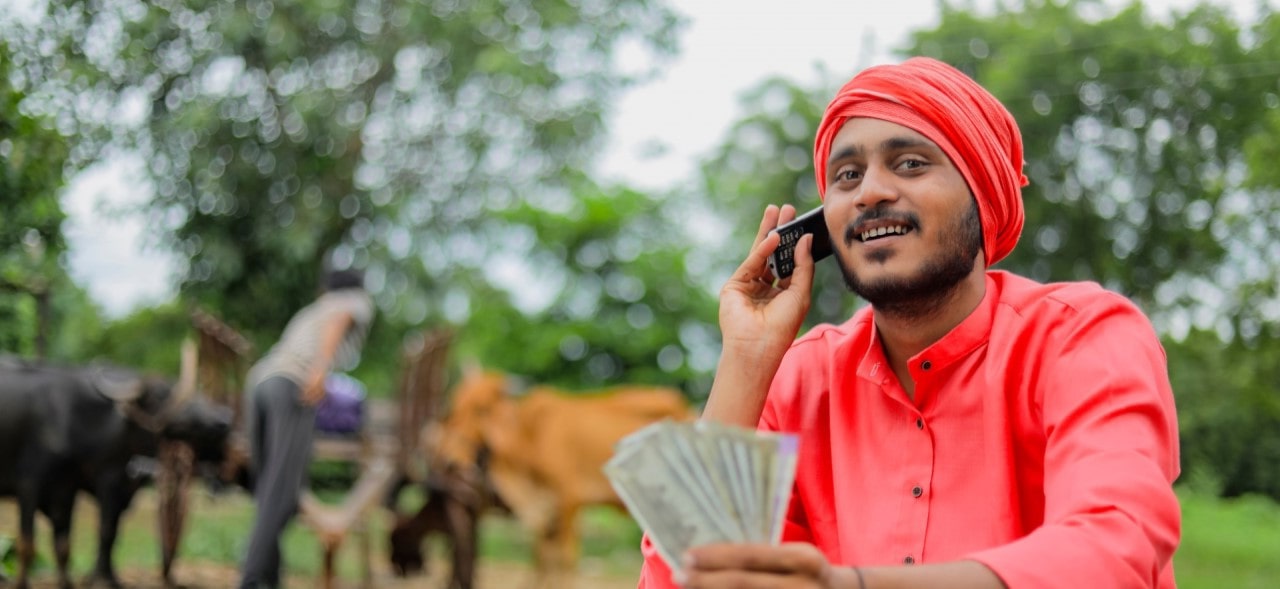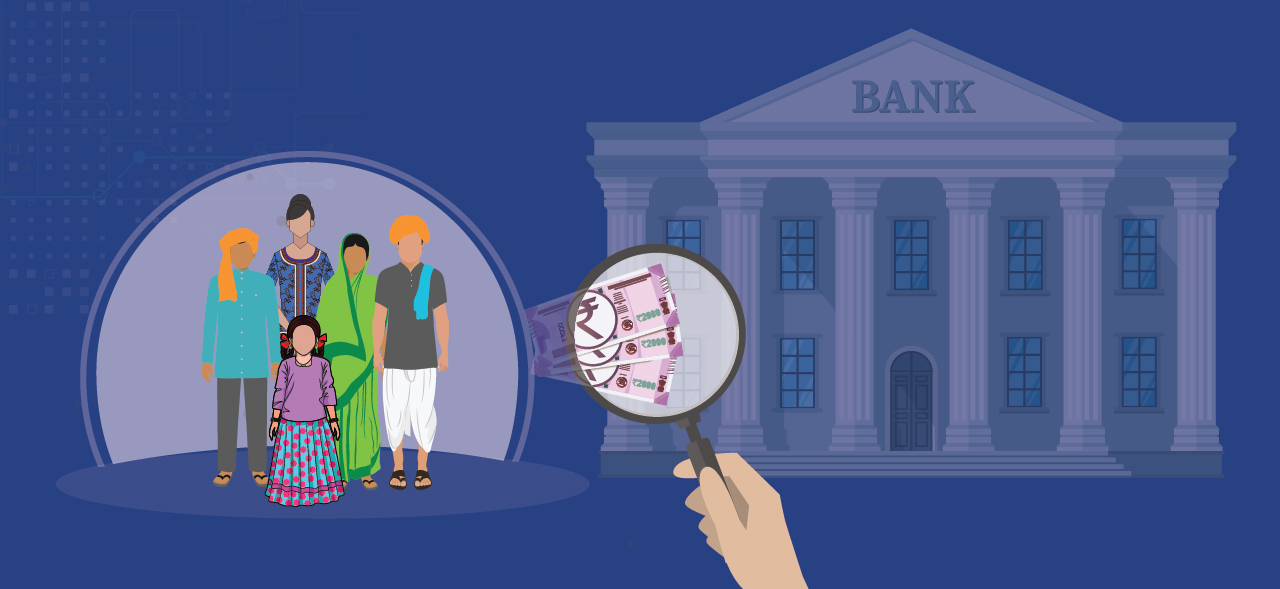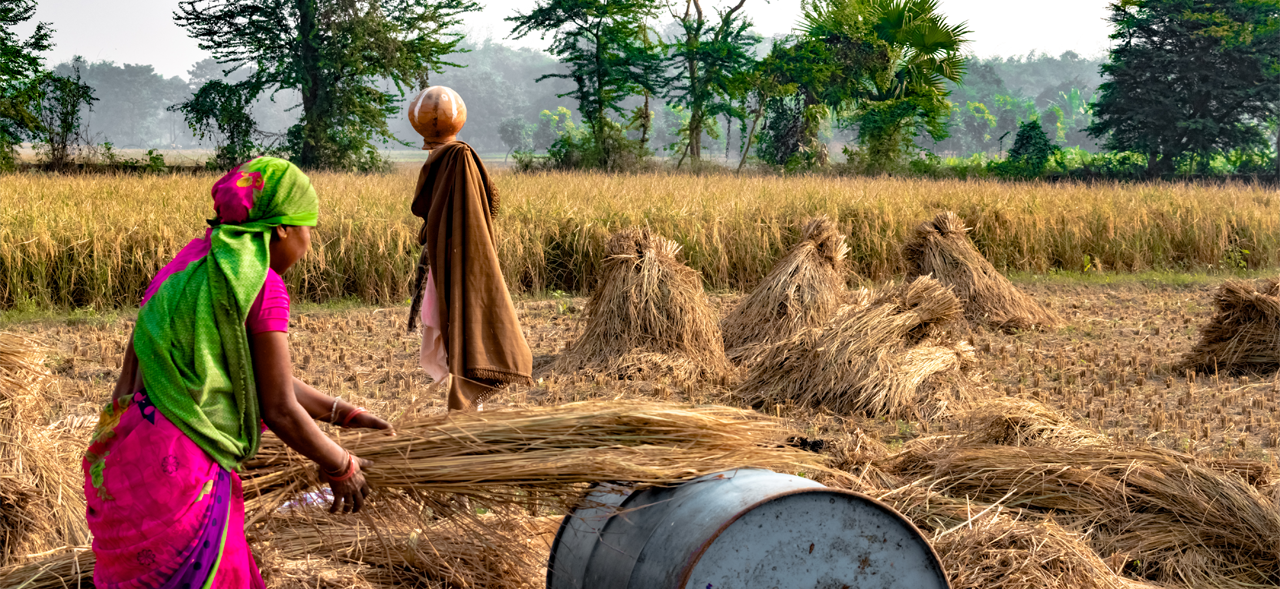Arshi Aadil
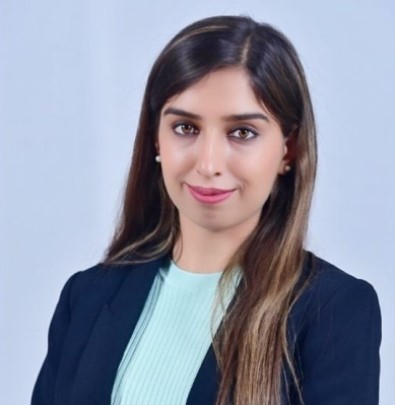
Arshi Aadil
Senior ManagerArshi Aadil is a Senior Manager in MSC’s Government and Social Impact domain in India. She is an advocate of social protection and customer protection at MicroSave Consulting with more than nine years of experience gained through projects with governments, think tanks, academic institutions, financial institutions, and donors.
Arshi has worked at the local, state, national, and international levels to strengthen social protection for women and vulnerable populations across Asia and Africa. She has worked across many themes, including financial inclusion, digital financial services, Government-to-Person (G2P) programs, data privacy, gender, digital identity, and digital governance. Her work involves improving public policy choices through evidence-based, bottom-up, and human-centered approaches. She also specializes in research-based projects, including various qualitative techniques and behavioral economic principles to design solutions for low- and middle-income consumers.
Posts by Arshi Aadil
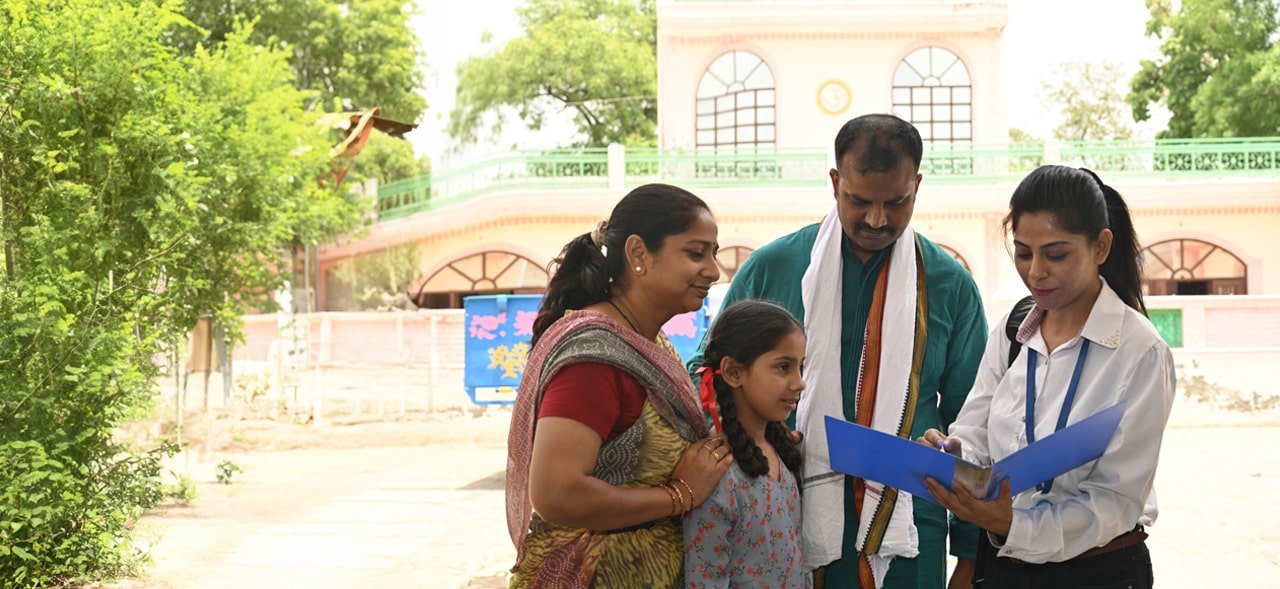 Blog
Blog
Sukhpreet Kaur and Arshi Aadil
Five Recommendations to Address Insurance Mis-selling: Rural customers in India face information asymmetry, high premiums and poor returns
 Blog
Blog
